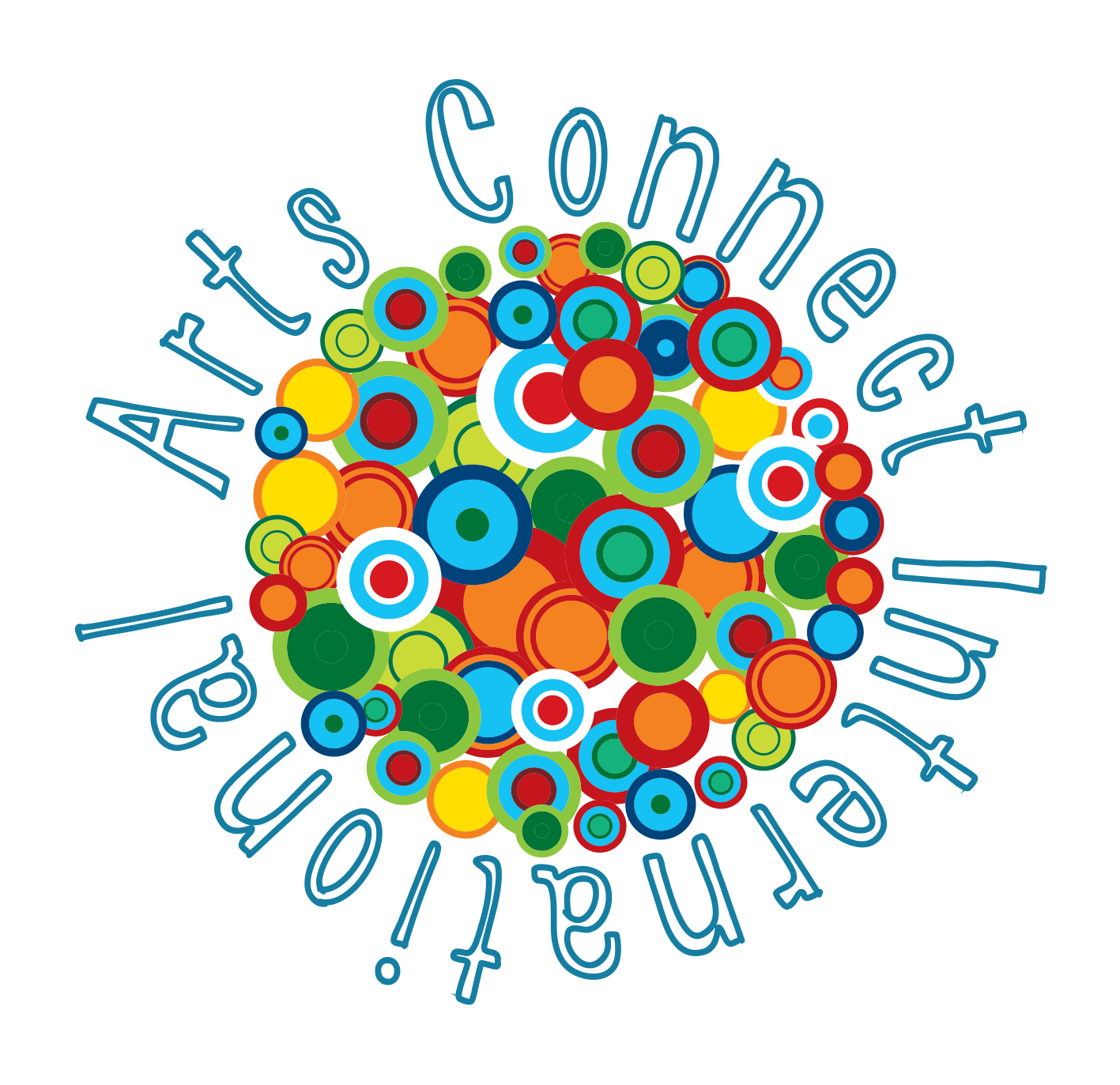ANDREA ALEJANDRA GORDILLO MARQUINA
Home Community: Boston, Massachusetts, USA
Abroad Community: Ixtepec, Oaxaca, México
On one hot night in early August, I turned to my new friend Victor, bathed pink in the last bits of the day’s light, and asked him what he was feeling. He looked excited as we gazed at the horizon. We sat cross-legged on the top of a long 40-wagon train, the infamous Bestia, overlooking the railroad tracks that lead to green pastures and mountains as far as the eye could see, the tips of them kissing the pink and blue sky. He took in the ferocity of the moment--the sky so gigantic you could hardly breathe with so much air, the brush thick and wild, and the tracks offering endless possibilities. He replied, “I want to move on with my journey.” To our right, we could see the top of our temporary home about a half-mile away, the migrant shelter Hermanos en el Camino. After a while of sitting in silence, we dismounted and headed back to it, walking through the streets of Ixtepec. It was getting dark and it is not wise to stay near the tracks at night; one never knows what, or who, might be lurking there.
Victor, from Honduras, is one of 12 or so Central American people seeking refugee status at the shelter. In order to win his case, he has to go to migration in Salina Cruz periodically. He cannot continue with his journey just yet.
And so, he waits. The majority of the guests at the shelter stay for 3 days, which gives them time to rest, receive money that loved ones send, and gather up the strength to continue their journeys north. Others, like Victor, stay longer in the hopes of receiving refugee status, or, if they have been a victim of a crime in México, a humanitarian visa. Both allow migrants to travel on safer routes through México, instead of through crime-riddled, off-the-beaten-path routes where one risks robbery, assault, extortion, kidnapping, human trafficking, or murder, and fear of abuse, persecution, or deportation at the hands of immigration officials.
Those who choose to solicit asylum or a visa wait months for their paperwork to go through. In the meantime, there is -- literally -- nothing to do. It is difficult to find work in a small town that does not want them there in the first place, and the shelter is too saturated with labor to provide extra activities to pass the time. Many try to explore the surrounding areas, but that has its dangers as well; the nearby river is renowned for being the crime scene of many robberies, assaults, and rapes. Others lie around all day, sometimes sinking into a deep depression.
I find myself, as a stranger, feeling anger and despair at the injustice of it all. Not only have the majority of these migrants suffered unthinkable violence and poverty at home, but their trauma is compounded with even more violence, idleness, powerlessness, and depression on their journeys.
Yesterday, however, when I handed a newly arrived migrant a camera so he could document his day at the shelter (part of Historias Desde el Albergue, the crux of my Arts Connect International residency at the shelter), he returned the camera at the end of the day full of pictures of flowers, art, and open skies. When I sat down to interview him, he told me all about the things he was grateful for. Today, the big talk of the day is that Rachel broke up with Stiven, and is now with Josue, and that Rodrigo and Sarita are back together. There are more kids now than ever at the shelter, and they have recently discovered the game “Ninja.” A couple of days ago, as 20 or so ninjas ran around, we blasted music late into the night, and everyone celebrated the simple fact that we were alive. When we exchange good mornings, everyone says that they are bien, gracias a Dios. “Well, thank God.”
At the shelter, there are many seemingly contradictory moments. Victor can look out from on top of La Bestia at the free landscape and still feel constricted by his migratory situation. One can miss their family terribly and dance the night away. Another can have witnessed incredible trauma and only see beauty. It is important for migrants to tell these stories, so that we do not fall into the harmful effects of “the single story,” and so that they can claim power over their stories and their own lives. It is equally important for those of us not in their situations to listen so that we can recognize the humanity in one another. We must act not only because their stories tug at our heartstrings, but also because we recognize ourselves in one other and work toward mutual liberation.





